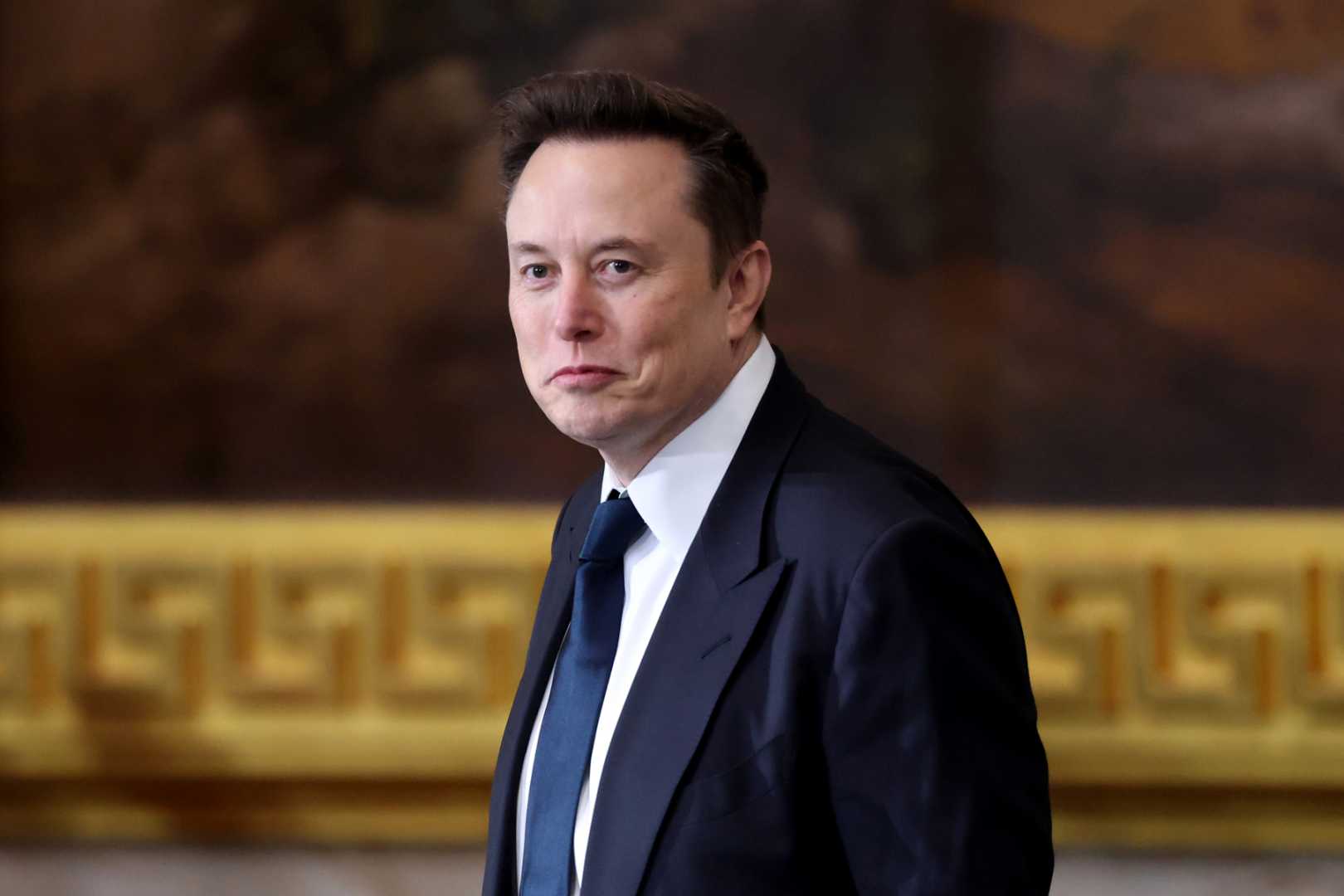Entertainment
Elon Musk’s Controversial Humor Sparks Debate on Political Trolling

LOS ANGELES, Calif. — Just last week, tech billionaire Elon Musk stirred controversy by briefly altering his display name on X to “Harry Bōlz” after a revelation that USAID had invested in circumcision programs aimed at reducing HIV transmission in developing countries. This shift occurred alongside a post in which he mockingly claimed, “Circumcisions at a discount, now 50% off!” marking a day when a federal court ruled against the Trump administration’s funding freeze.
Experts noted that Musk’s comments fall within a broader pattern of juvenile humor that he often employs, echoing the sentiments of his rightward political inclinations. “Judicial dicktatorship is wrong!” he added, indicating a shift in Musk’s comedic approach, turning towards increasingly provocative messaging.
In a bizarre twist, Musk’s humor appears to resonate with a new political sensibility among certain right-wing factions. Edward Coristine, a 19-year-old who was recently brought on by Musk’s Department of Government Efficiency (DOGE), has also garnered attention online by adopting the pseudonym “Big Balls.” The trend raises questions about the nature of political discourse, particularly in how trolling has evolved into a cornerstone of right-wing engagement.
Musk, who has a long history of leveraging social media for comedic and political purposes, has often tread the line between humor and controversy. For example, he has previously used physical comedy to capture public attention, such as when he carried a sink into Twitter’s headquarters with the witty remark, “Let that sink in.”
While Musk’s trolling through crude humor may entertain some, it also reflects a growing sentiment on the right, where humor often serves to provoke and provoke. Many see this as part of a cultural coalition’s efforts to redefine acceptable political discourse, replete with crude jokes and incendiary language aimed at “triggering” liberal constituents.
The essence of Musk’s messaging is not just offensive puns but a broader strategy that finds kinship with a number of right-wing figures who use inflammatory humor as a rallying cry. His comedic approach, while often dismissed as merely childish antics, carries an undercurrent of hostile dismissiveness aimed at traditional governance structures.
Skeptics of Musk’s humor point to the implications of trivializing serious issues surrounding public health and safety. Just this week, Musk faced backlash after sharing sarcastic remarks about programs designed to aid the public, including those aimed at funding cancer research at universities, which could be jeopardized by the recent budget cuts.
Politically, figures like Steve Bannon have echoed similar sentiments about the effectiveness of trolling as a tactical maneuver. Bannon, previously a strategic adviser to Trump, proclaimed the need to “break” political adversaries using jest and mockery—as Musk did with his latest quips.
Critics, however, have voiced concerns that this style of political engagement fosters a climate where serious discussions about governance and accountability become dismissible in favor of viral tweets and memes. Corey Robin, a writer who has studied the modern right, highlights that the current trajectory sees humor weaponized within a political framework that fundamentally lacks empathy.
While Musk’s antics may be entertaining to his followers, the underlying implications about societal values and political communication demand scrutiny. Political humor, particularly when intertwined with an agenda, can have far-reaching consequences that impact public perception and trust. A Biden administration official noted that such behavior can create a distinct divide among constituents, exacerbating tensions rather than fostering dialogue.
At a time when political discourse seems increasingly polarized, Musk’s antics symbolize a departure from predictable norms into uncharted territories of communication. Some suggest that the once-cutting edge of satire may be morphing into a tool of division rather than unity.
The ongoing public reaction serves as a reminder—while humor has long been a part of American political life, its current manifestation raises questions about the type of culture it is creating and the future of civil discourse in politics.












